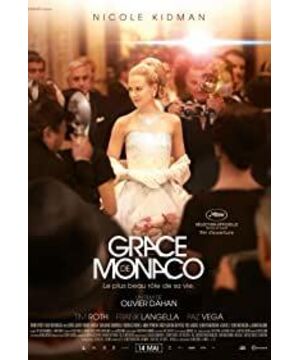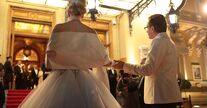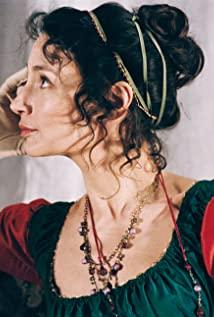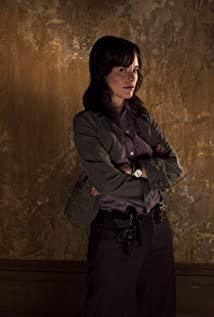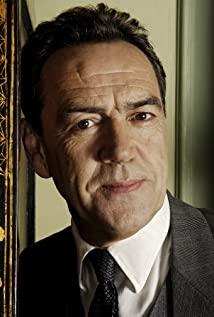It’s a film that easily catches the eye in terms of publicity: Olivier Dahan’s brilliant direction for La Vie Rose; the beauty of Monaco, famous for its casinos and F1 on the Mediterranean coast; the two separated by nearly fifty years The screen echo of the Oscar-winning actress; the royal marriage that inspired people's endless voyeuristic desire; the love song after the death of Xiangxiaoyu...
However, I have to admit that this is another biographical film that makes people applaud after watching it. Although the film is almost impeccable from a technical point of view, the story design that is too dramatic and ornamental and the choice of narrative focus make this film, which tries to cater to the audience's voyeuristic desire for "royal love" and show the "truth" of fairy tales, slips into Another kind of fairy tale narrative has been created, creating a "Mary Sue" style princess myth.
The technical aspects of the film, especially the photography, have their own characteristics. A lot of exaggerated shaking close-ups show the tension and anxiety of the princess in the face of internal and external troubles, in stark contrast to the priest's steady medium shots. The long shots at the beginning of the film and the beautiful empty shots at the end all render the unique beauty of the film. The hazy picture style and rich and full tones like impressionism also add points to the integrity of the film's image style.
Disappointing is the film's mediocre plot design. Obviously, the screenwriter of this film was deeply influenced by "Mrs. Veron" and placed Evita's "rainbow diplomacy" on Princess Grace. The obvious Hollywood style of play presents us with a fairly complete and dramatic process of "crisis public relations", creating a perfect image of a princess who "discards herself, takes care of the overall situation, sacrifices her career, and protects her family". This style of play has greatly limited director Olivier Dahan's directing talents. Compared with the fragmented narrative style of "Life of the Rose", the film's artistic expression is too mediocre and has no merit.
It is understandable if the producers of this film made such a choice in the play because of the commercial creation orientation. But even from a commercial point of view, the film cannot be said to be very successful. Starting from a real historical background, the screenwriter made up a wonderful story of a princess who has no historical basis and is difficult to logically persuade the audience to turn the tide with her peerless beauty alone. As de Gaulle, who had been extremely contemptuous of the princess in the film, commented on her after experiencing the charm of the princess: Aphrodite of Monaco, the screenwriter tried to deify Grace Kelly as a representative of love and beauty. With just the words "love" and "beauty", the princess made all political struggles, wars, historical grievances, and conflicts of interest fall under her pomegranate skirt, bringing Monaco back to peace and making the world cheer for it.
Of course, we can see the fragility and helplessness of the princess in the film when faced with family conflicts and political pressure, and we can see the bondage and helplessness that the princess felt in the gorgeous palace. However, while trying to break the "Royal Love Fairy Tale", the screenwriter established a "Perfect Princess Fairy Tale". We see Grace Kelly as a near-perfect image of a goddess. This flattened and simple characterization method has obviously fallen behind the times. At the same time, the film's choice of narrative focus on political struggles and court struggles also lowered the style of the film. We see Grace Kelly as an actress all the time - from playing different roles on screen to playing the Princess of Monaco. We don't see her mental journey as a woman as she transitions from one role to another. This lack of character and choice of narrative focus makes the film a mediocre Hollywood biopic that falls far short of what fans expected from it.
But at least Nicole's performance is worthy of recognition. Although some passages seem to be too forceful, with the help of delicate makeup and gorgeous costumes, she has successfully portrayed Grace Kelly, who was only in her 30s at the time, at the age of nearly 50. Nicole once again showed off her diverse on-screen style. The strong and resolute female character in "Australia" and "Cold Mountain", the amorous geisha in "Moulin Rouge", and the sensitive and mysterious Woolf in "The Moulin Rouge" are all gone. An elegant, beautiful and confident princess. In a lot of close-ups, Nicole lets us see the inner feelings of another actress, Grace Kelly. Compared to Diana, played by Nicole's fellow Aussie, Naomi Watts, Nicole's Grace Kelly is clearly better.
However, perhaps as Grace Kelly said of herself: "My life is portrayed as a fairy tale because it is a fairy tale". Since the film is the art of dream-making, why can't we appreciate this film with the mentality of appreciating fairy tales? The screen is the stage prepared for those beautiful faces. They create one after another fairy tales about "love" and "beauty" on the screen. From an aesthetic point of view, we should applaud this film, because it realizes the inheritance of beauty on the screen and the writing of fairy tales.
Grace Kelly, synonymous with elegance, Hitchcock's muse, and a princess of peerless elegance, did not get the fairy tale happy ending in the end. A car accident in 1982 took this beautiful life away. Yet on-screen beauty is immortal. She will always be the new wife who accompanied Gary Cooper in "Noon", the smart girlfriend in "Rear Window", and the witty wife in "Phone Murder"... Although the princess' fairy tale ended in tragedy, but on the screen The goddess was able to stay young forever.
2014-6-26
View more about Grace of Monaco reviews


